Tahm Kench, the River King, received a mini-rework in League of Legends recently that revolved around swapping his Devour (W) and Abyssal Dive (R) abilities. The main goal of this change was to have his kit focus less on constantly being able to protect allies with Devour and give Abyssal Dive the ability to improve his dueling potential.
While the ability to protect his allies with Devour is still possible, a longer ultimate-styled cooldown means players have an important choice to make in skirmishes and teamfights. They’re given the choice to either use it for offensive pressure to eat an opponent and win a duel or remove an enemy threat, or save an ally from big burst potential.
Throughout multiple ranks and even in the professional scene, Tahm Kench has found success in many different roles—primarily top and mid. In addition, he’s found success even in the bottom lane (either as a carry or funnel comp conduit) and support (despite the rework trying to take him away from that role).
Here’s how to best use Tahm Kench wherever you take him.
Strengths to focus on and use
Even though the main focus of Tahm’s rework was based around his W and R, other abilities were enhanced to allow the champ to find new success. The main proponent of this is his passive, which has strong base damage, and his Q, which can provide an ample amount of healing for himself.
In addition, Tahm Kench can now cast Devour on enemies with his Tongue Lash provided they have three stacks of his Acquired Taste passive, which allows you to yoink enemies away from far ranges.
All of this means if you practice Tahm Kench enough and understand your limits and enemy numbers, you have a ridiculous amount of potency in skirmishes and teamfights based on your chances to receive and deal damage.
Weaknesses to note and avoid
While Tahm Kench is incredibly bulky, has great sustain, and high damage all for a tank, he does have a notable weakness in that his wave clear. If the opponent can push a minion wave faster than you, this gives them the opportunity to make plays elsewhere on the map. In addition, if the opponent tries to duel you and they have more minions surrounding them, this gives them higher odds to use the wave to block your Q.
On top of the River King’s weaker wave clear, outside of his Q and new W, his range is severely limited. This means once either or both abilities are on cooldown, you become more predictable and the opponent can use ranged abilities to consistently poke you down without a chance for you to counter attack.
Tahm’s W is an important engage tool to knock up opponents and allow you to combo into your other abilities. But if your enemy has adequate vision control and can see you cast Abyssal Voyage, this gives them time to react and appropriately prepare to dodge, which greatly reduces your effectiveness.
If you try to use your W as an escape tool, you need to identify what crowd control options your opponent has. Otherwise, they can interrupt your attempt to flee and slay you if a gank occurs.
Runes and items
As a tank that constantly focuses on skirmishing, Grasp of the Undying is the most common keystone rune you’ll be taking in most of your matches due to how your trading and laning patterns play out. If you don’t expect to land many auto attacks against your opponent and want more bulk in teamfights, you can take Aftershock to make your Abyssal Dive engages more potent. But this shouldn’t be taken often.
Since you’re effectively a frontline tank with strong dueling potential, your go-to Mythic item will usually be Frostfire Gauntlet. It fixes your weaker wave clear and you also have better staying power in fights by slowing enemies around you and increasing your model size. The model size increase has a hidden buff of extending the range of your Q, allowing you to reach enemies that are further away.
In addition, Bami’s Cinder, Frostfire Gauntlet’s major component, gives you AoE damage, which allows you to push waves more easily.
If you’re comically ahead of your opponent and they pose no threat, a potent Legendary item option to consider is Titanic Hydra. This will amplify your damage based on your overall bulkiness and make you a splitpushing menace.
Outside of usual items like Thornmail and Randuin’s Omen (for armor) and Spirit Visage (for magic resist), Anathema’s Chains is a fair option to build against an opponent that’s overperforming. If one singular opponent is proving to be troublesome for your team, Anathema’s Chains will allow you to survive for longer against them and give your team more opportunities to lock them down with crowd control.
How to perform during early laning
No matter which lane you take Tahm Kench into, you should aim to push the lane constantly and establish tempo. If you can control the minion wave and keep it toward the opponent’s side, you get to land more Qs, leading to more damage opportunities.
If you aim to keep your lane pushed to get lane control, this means you need proper vision control to avoid being ganked. While you can survive against ganks with your tankiness walking a short distance, if you need to traverse against a long lane to escape, your chances for survival are reduced.
How to best navigate the mid and late game
Once the laning phase ends, you’ll need to quickly assess if you’re best equipped to splitpush within whichever lane you’re in or rotate to help your team in skirmishes.
In the late game, knowing when to best use Devour will allow you to provide your team with success. While taking out an enemy threat is an effective use, you can still use Devour defensively on an overextending ally and get them out with an immediate quick-casted Abyssal Dive to get both of you away from big threats.
In addition, you can use this inversely as an engage tool and get fed members into the fight much more quickly and safely thanks to the knock-up you provide.
Try out the River King yourself, and if you’re in a dedicated pre-made group, see if you can fit him in roles outside of the top lane.
Make sure to follow us on YouTube for more esports news and analysis.


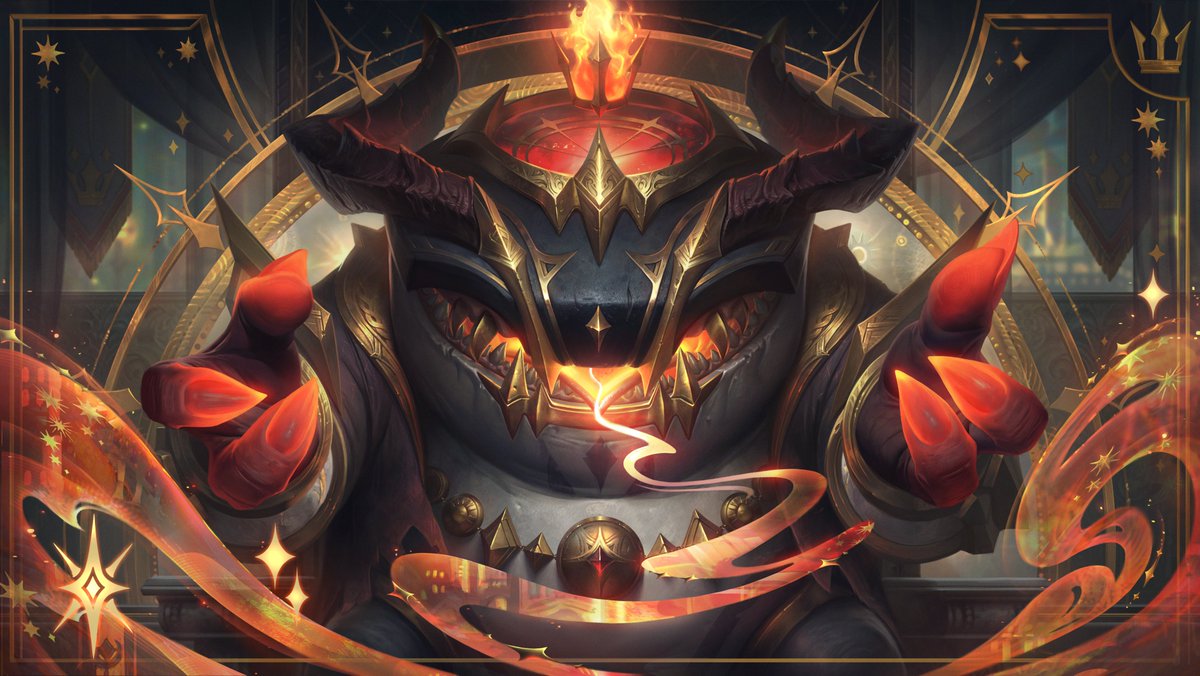
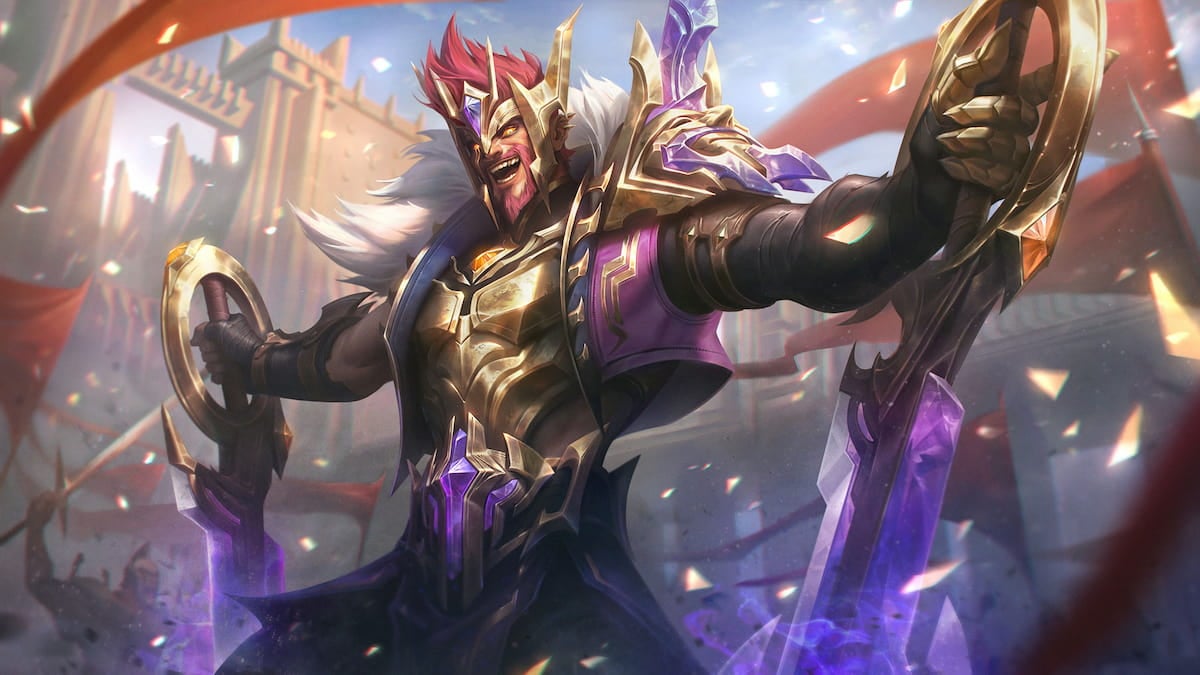
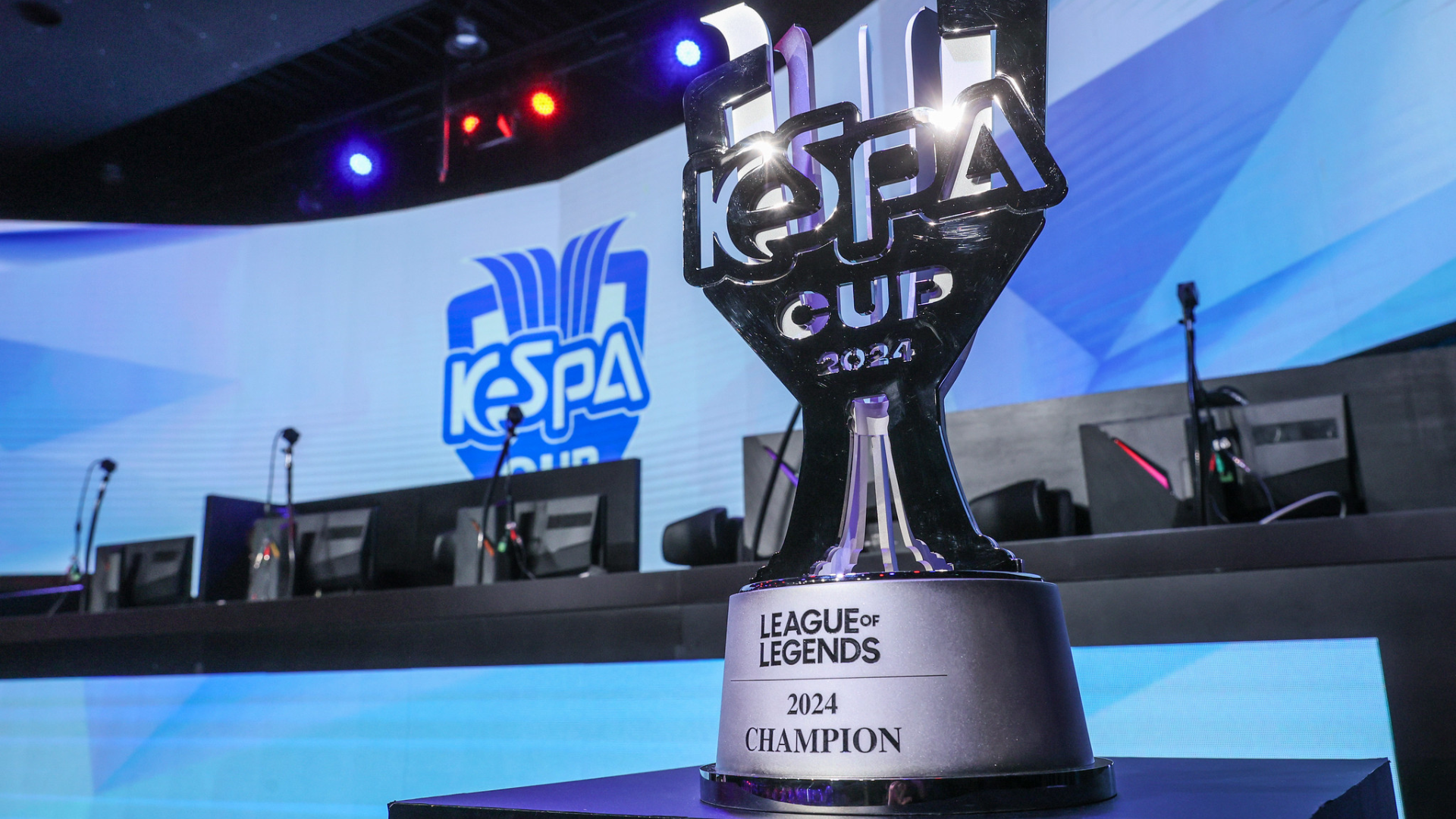
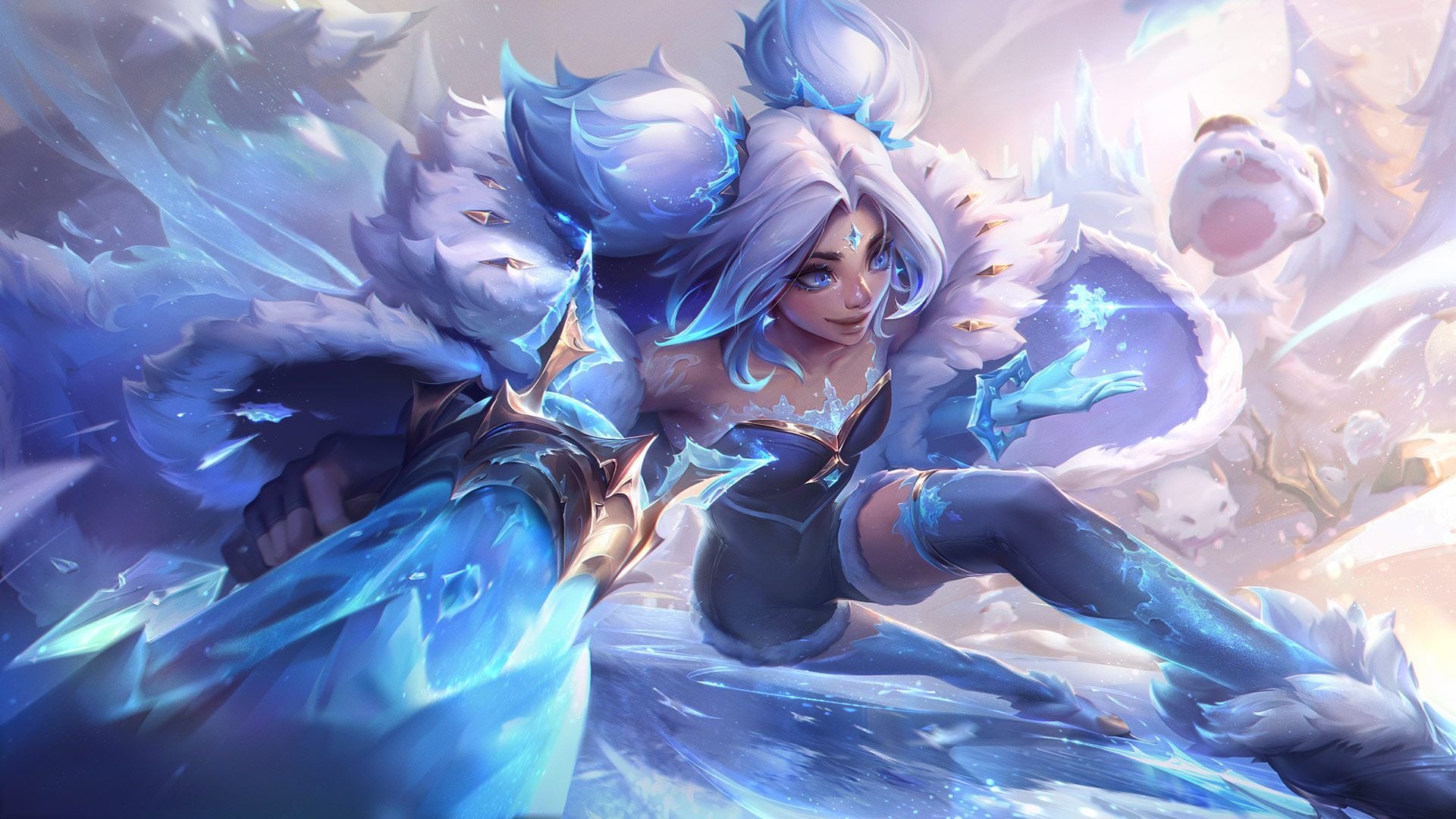

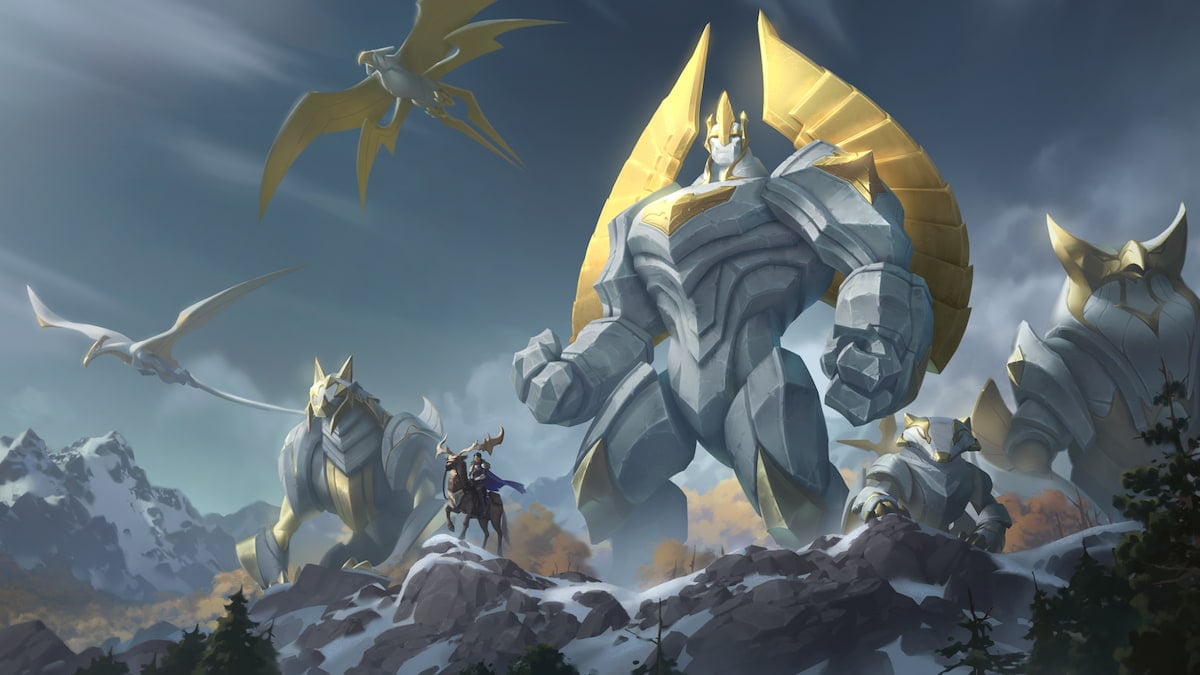
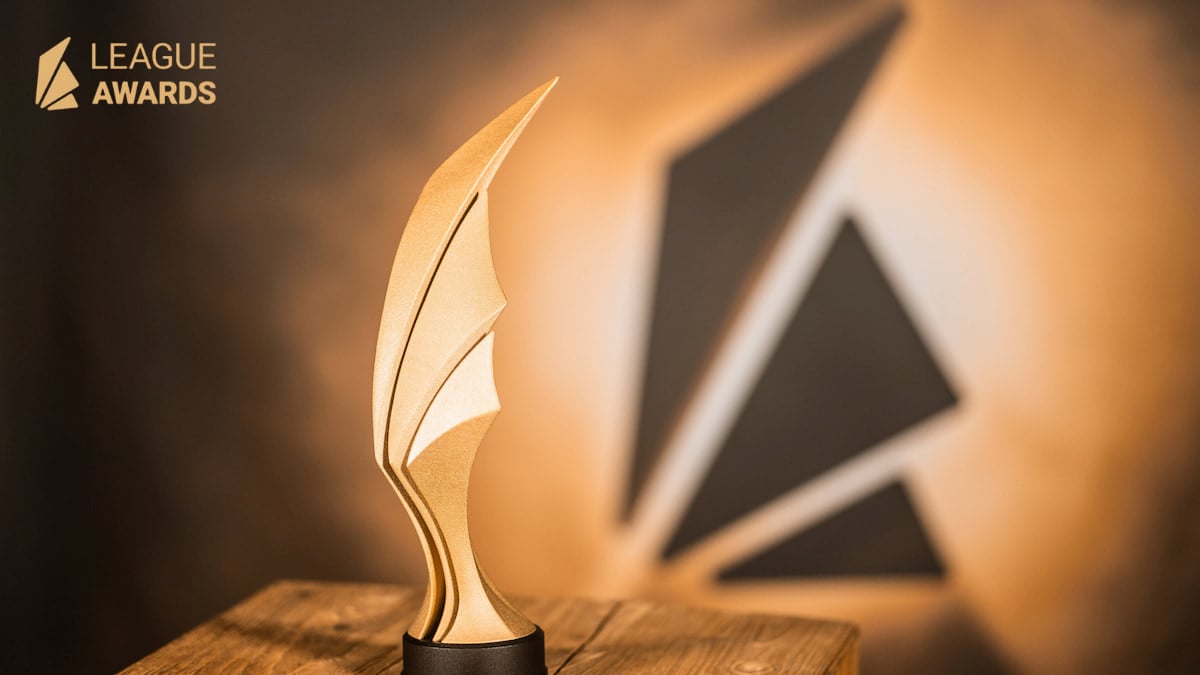
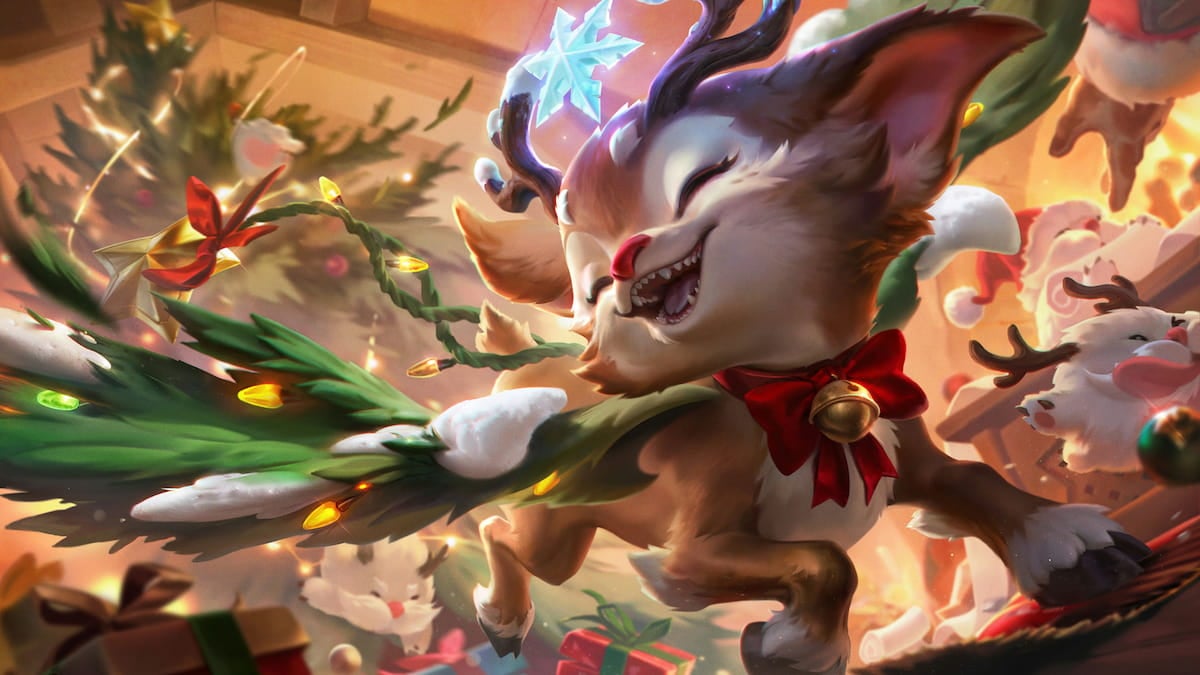
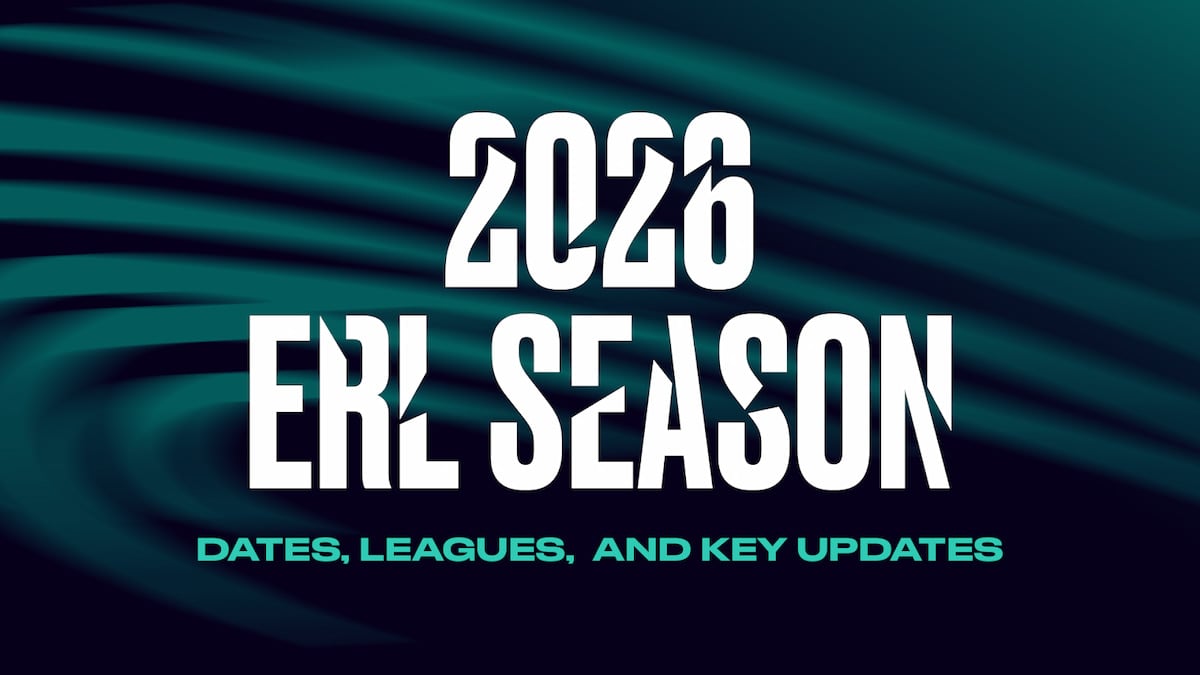
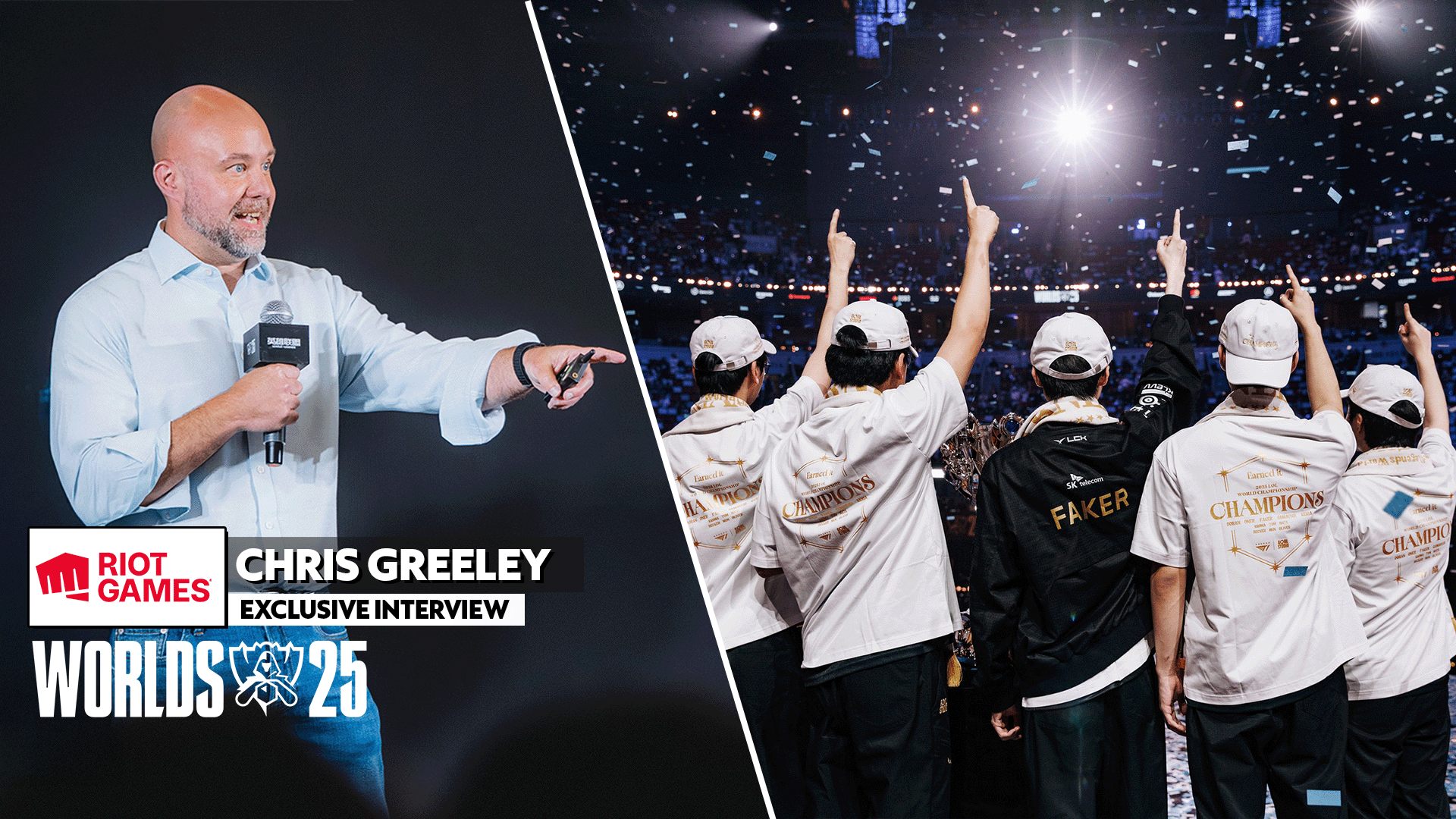

Published: Sep 2, 2021 05:22 pm